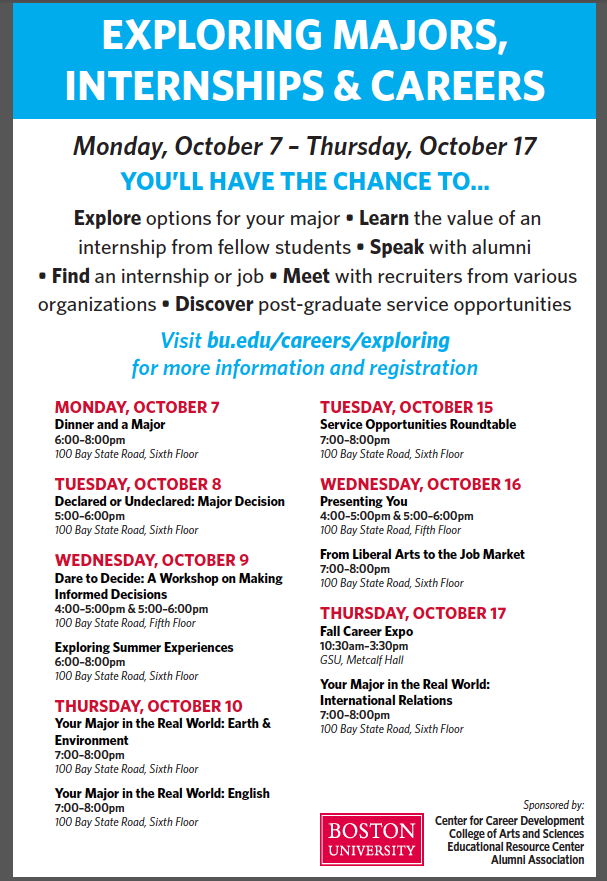So you’re going to take Orgo, and you might be a bit nervous. Lucky for you, OrgoPrep is here at the ERC to help you out!
Organic Chemistry may have a bad reputation as one of the most notorious college classes, but we at OrgoPrep can assure you it is just misunderstood and are here to help you begin to make sense of it all!
OrgoPrep is an informal non-credit class taught at the ERC every spring semester for students planning to take CH203 next fall. It’s designed to expose you to organic chemistry topics and to help you develop the study skills you will need to succeed in CH203 and beyond. The class is totally student-run, so there are no tests, grades, or obligations. Simply sign up, show up, and learn some really interesting chemistry without any stress. Everything is taught by students who have recently taken CH203 and excelled, so we know all the tips and tricks to help you succeed!
We hope you come take OrgoPrep with us so we can pass on our knowledge and show you that Orgo isn’t nearly as scary as it is made out to be! That is, unless you plan to go all Breaking Bad with it, then it might get scary but don’t blame us for that.
OrgoPrep classes meet for an hour and a half once a week. Registration for Spring 2014 begins January 30th and classes will run February 3rd to March 28th. Contact orgoprep@gmail.com with any questions.
In the mean time, here are a few other tips we have to help you get by:
1. Take OrgoPrep! Ok so maybe this was already covered, but really, check it out.
2. Don’t Panic. No matter how daunting any class or test may seem, stressing only wastes your time and energy. Worrying won’t help you perform any better, and it certainly doesn’t help you feel any better either. Imagine all the productive things you could get done with the energy you would have spent worrying.
3. Practice, practice, practice! And also, don’t forget to practice. Seriously, a recent 2013 study has shown that the most effective study method is (you guessed it) practicing.
4. Try the internet. You might be surprised by how much information and practice material you can find. We are particularly fond of www.masterorganicchemistry.com for your Orgo needs (especially if you like using cats to learn stereochemistry).


